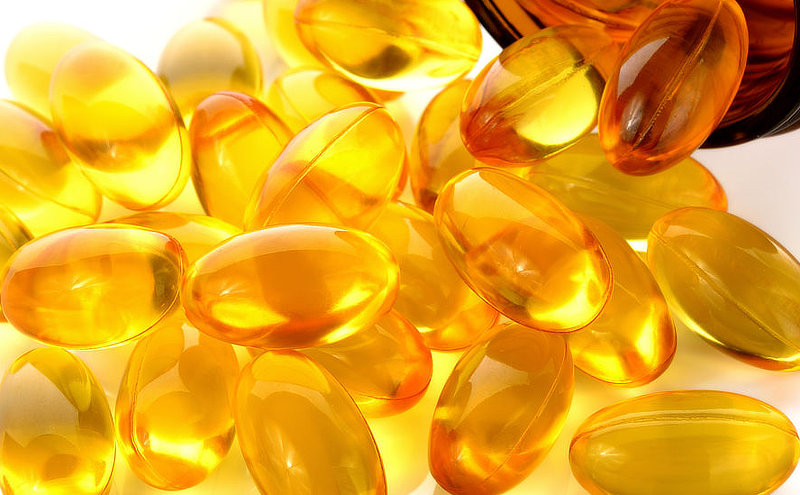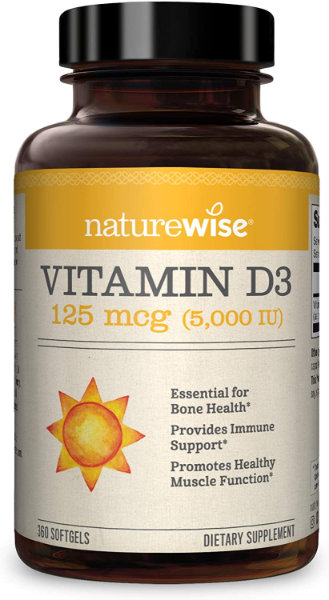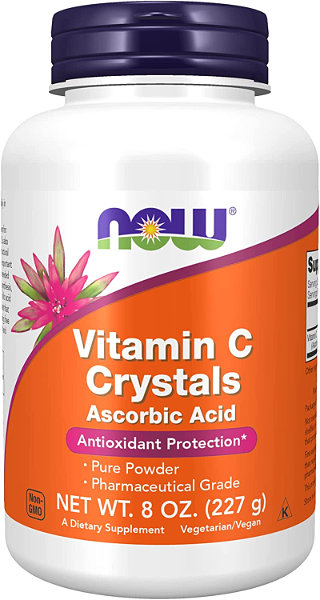T-Cells Need Enough Vitamin D to Activate within the Immune System

T-cells are a type of white blood cell. Why are they so very important? Because they are an integral part of your immune system. T-cells help protect the body from infection /bacteria /viruses. Here’s something that’s evidently VERY important for your T-cells… They need plenty of vitamin D (and vitamin C) to activate and do their job! Unfortunately, based on epidemiologic studies, ∼75% of all adults worldwide have serum 25(OH)D levels of <30 ng/mL. Those levels are low! (NIH National Library of Medicine)
Our natural immune system is exceedingly important to our health!
Get Plenty of vitamin D (and vitamin C) for your T-cells.
T-cells are the superheroes of the immune system.
A very large percentage of our society is woefully deficient in vitamin D (and vitamin C). That’s not good for the immune system. In the U.S., nearly everyone is vitamin D deficient while living above 37 degrees north of the equator.
Beginning during the months of Fall, and into the winter months, the angle of the sun in the sky is too low (not strong enough) for the amount of UV-B rays that our bodies use to produce enough Vitamin D. Additionally, people cover up wearing warmer clothes and jackets – leaving hardly any exposed skin to absorb potential rays of sunshine.
Here’s an illustration showing the 37th parallel across the USA, considered to be the “Vitamin D” line.

Vitamin D – Crucial to Activating T-Cell Immune Defenses
Scientists have found that vitamin D is crucial to activating our immune defenses and that without sufficient intake of the vitamin – the killer cells of the immune system — T cells — will not be able to react to, and fight off, serious infections in the body. The research team found that T-cells first search for vitamin D in order to activate, and if they cannot find enough of it will not complete the activation process.
Again, if T-cells cannot find enough vitamin D, they will not complete the activation process. (And that’s not good).
Source: Science Daily – University of Copenhagen
The scientists explain further…
“For T-cells to detect and kill foreign pathogens such as clumps of bacteria or viruses, the [T] cells must first be ‘triggered’ into action and ‘transform’ from inactive and harmless immune cells into killer cells that are primed to seek out and destroy all traces of a foreign pathogen.”
The researchers found that the T-cells rely on vitamin D in order to activate and they would remain dormant, ‘naïve’ to the possibility of threat if vitamin D is lacking in the blood.
For the research team, identifying the role of vitamin D in the activation of T-cells has been a major breakthrough.
“Scientists have known for a long time that vitamin D is important for calcium absorption and the vitamin has also been implicated in diseases such as cancer and multiple sclerosis, but what we didn’t realize is how crucial vitamin D is for actually activating the immune system — which we know now. “
Vitamin C promotes the proliferation and effector functions of human T-cells
From a study published via Cellular & Molecular Immunology Journal, “Vitamin C (L-ascorbic acid) is an essential vitamin with multiple effects on immune cells.”
“In the present study, we report that Vitamin C…enhance the activation and differentiation of human T-cells under different in vitro culture conditions, i.e., during primary stimulation as well as upon re-stimulation of short-term-expanded T-cell lines.”
My Natural Immune System Approach – having to do with Vitamin D (and Vitamin C)
Get your vitamin D level checked whenever you’re getting bloodwork from an annual checkup. I believe it’s pretty much standard as part of the overall lab work results.
How much vitamin D do you need? Having done my own research on this, a level between 40-60 ng/ml is widely recommended by researchers in this field. Most lab results have a baseline minimum lowest threshold of 30 ng/ml. However most agree that’s too low (do your own due-diligence if you’re inclined).
Everyone’s a bit different. For example, Mrs. J (for some unknown reason to me) has always had a great level (~60 ng/ml or even a tad higher). I’m jealous. Me? Mine has always required some supplementation (and I’m even out in the sun more than her!). My last bloodwork was 40 ng/ml. And that’s with a 5,000 IU per day vitamin D3 supplement. I would like to reach 50 ng/ml, so I’m going to kick it up a notch with my intake. I’ve also read that K2 (MK7) and Magnesium levels are important too – synergistic with D3 uptake.
I found an interesting vitamin D calculator which suggests how many additional IU’s (supplementation) needed to achieve a higher ng/ml level based on your current level (and other parameters). I have no affiliation, but it appears informative:
GrassrootsHealth “A nonprofit public health research organization dedicated to moving public health messages regarding vitamin D from research into practice.”
Few foods naturally contain vitamin D
Though abundant in fatty fish and fish oil, we’re supposed to get enough of it naturally from the sun. Vitamin D in the body is produced by a conversion process from the sun on your skin. Apart from moving to Florida, I’m stuck with a significant part of the year without enough sun. So, I supplement.
The body is not able to make vitamin C on its own
It doesn’t store vitamin C either. I strive for 1000 mg a day. 500 mg in the morning (mixed in a glass of water), and another one during the afternoon.
Foods high in vitamin C? Examples include the orange, which has about 100 mg. Strawberries – about 50 mg in half a cup. Bell peppers (green – orange – red) have about 60 – 100 each. Broccoli – about 50 mg in half a cup.
I choose to supplement vitamin C (though I do enjoy oranges and strawberries – and peppers and broccoli).
I am not a doctor. None of this is medical advice. Consult your physician.
Vitamin D Supplement
Nature Wise D3, 5000 IU
(amzn)

Vitamin C Supplement
Vitamin C Crystals (Ascorbic Acid)
GMP Quality Assured: NPA A-rated
(amzn)

